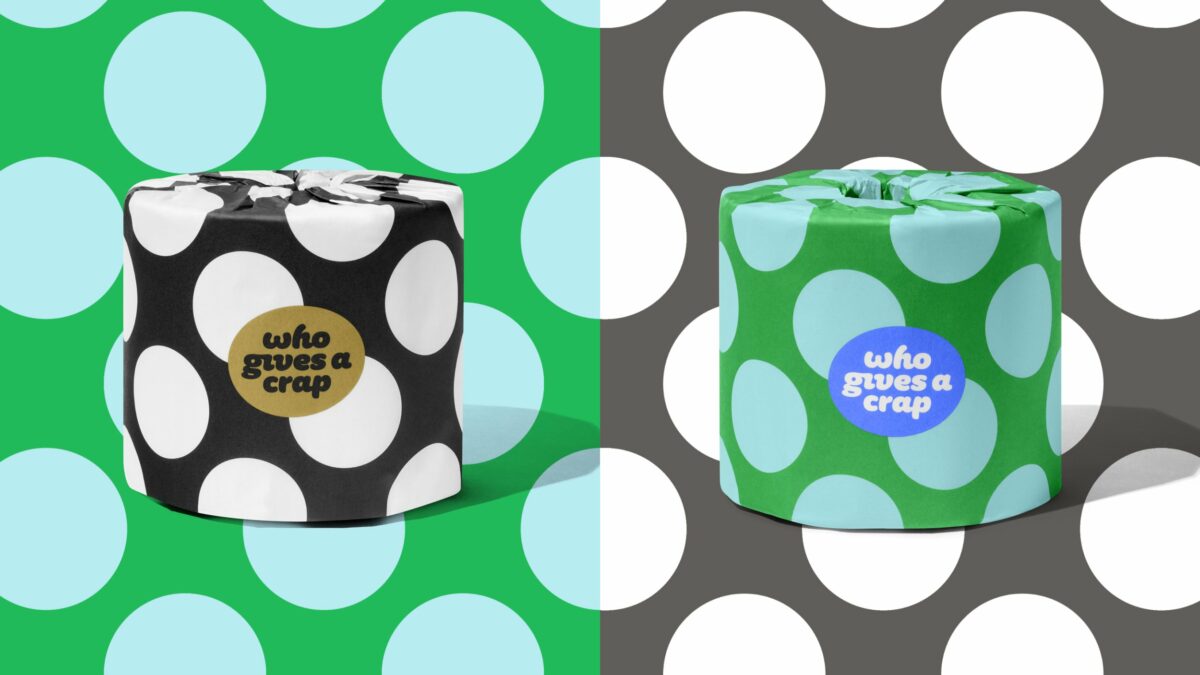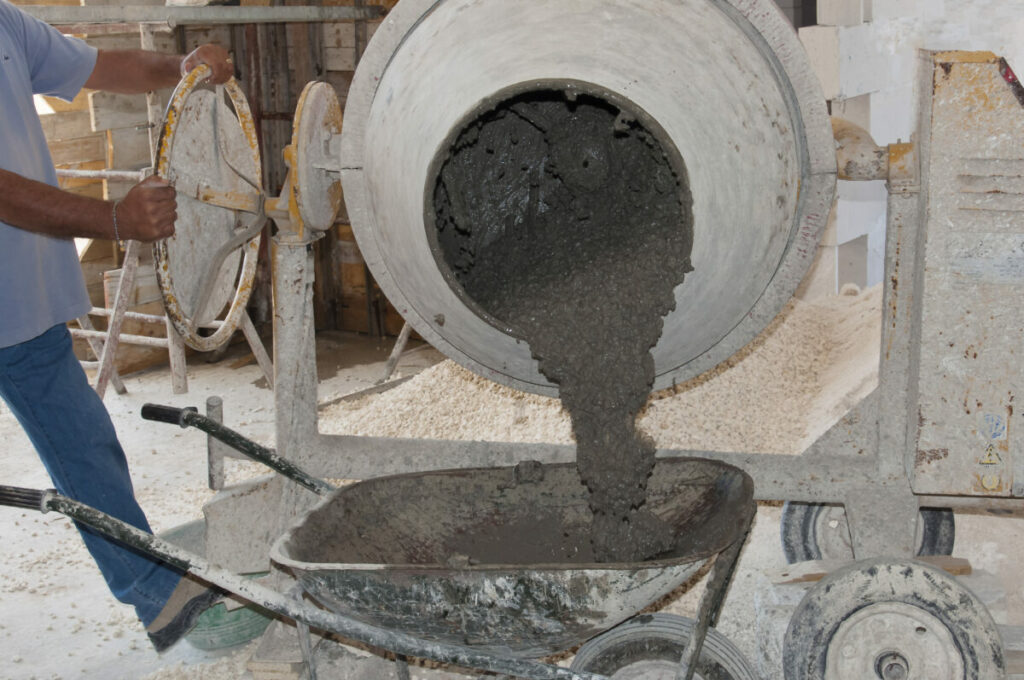Consumer group Which? has revealed that most bamboo toilet paper – positioned as being an eco-friendly alternative to traditional loo roll – is actually mostly made with wood, contributing to deforestation and misleading consumers.
Research found that the majority of brands claiming to be made from bamboo were actually made up of a majority of virgin wood fibres, contributing to the 1 million trees felled each year for the industry.
Over recent years, there has been a growth in smaller brands offering toilet paper made of materials other than wood pulp, with bamboo often touted as an eco-friendly alternative. In its investigation, Which? tested samples from five leading toilet paper brands, all of which claim to be made entirely from bamboo.
However, it found that three of the samples contained only very small amounts of bamboo or grass fibre, with some containing as little as 2.7% of the eco-friendly paper alternative.
These three samples came from Naked Sprout, Bazoo and Bumboo. Instead of bamboo fibres, they were mainly composed of fast-growing virgin hardwoods – mostly eucalyptus, with some acacia in Bazoo and Bumboo.
Samples from Cheeky Panda and Who Gives a Crap (WGAC) contained 100% bamboo, as claimed.
Subscribe to Sustainability Beat for free
Sign up here to get the latest sustainability news sent straight to your inbox every day
Bumboo – which contained 2.7% bamboo fibres – said it had “identified an issue in [its] supply chain and taken swift action so this can never happen again”.
It also said it would be increasing its testing to guarantee every batch is independently verified, providing “complete transparency that all future products are 100% bamboo”.
Both Bazoo (26% bamboo) and Naked Sprout (4% bamboo) said their products were regularly audited via the Forest Stewardship Council (FSC) and are investigating their supply chains, manufacturers and raw material suppliers in depth.
Which? sustainability editor Emily Seymour said it was “vital” that shoppers can trust claims made by brands, “particularly when they are paying more for a product they believe is better for the environment”.
“Businesses must take responsibility for ensuring their products contain what they say on the packaging, so that shoppers who want to make sustainable choices can trust the information they are given.”
Who Gives A Crap CEO Simon Griffiths said he was “shocked” to see several brands have been misleading their customers and offered to help competitors who are looking to improve their environmental impact.
“Greenwashing is immensely damaging to the industry as a whole, leaving consumers confused or distrusting of those who are genuinely trying to make meaningful improvements to the planet,” he said.
“If we’re going to encourage more people to switch to sustainable toilet roll, it’s crucial that the entire sector embraces transparency and holds itself to the same strict measures.
“Big or small, eco-friendly or not, we welcome collaboration with any of our peers to help shift the toilet paper industry away from cutting down virgin trees, and from greenwashing. Enough is enough.”
Earlier this month, Who Gives A Crap teamed up with electric courier Packfleet to provide carbon-neutral deliveries to London loos.















